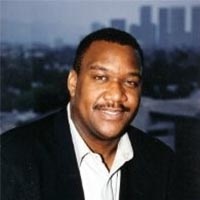Ancramdale Juvenile Law Lawyer, New York
Sponsored Law Firm
-
 x
x

Click For More Info:
-
Cohen & Bernstein, L.L.C.
1360 Clifton Ave #309 Clifton, NJ 07012» view mapCriminal Defense We’re In this Together!
We work hand in hand with our clients to ensure all of your questions are answered and progress through your legal issue is seamless.
800-978-7341
Not enough matches for Ancramdale Juvenile Law lawyer.
Below are all Ancramdale Criminal lawyers.
James Eric Kleinbaum
✓ VERIFIEDOur founding partner, attorney James E. Kleinbaum, has been practicing law since 1994. As an experienced traffic and criminal defense lawyer, he has h... (more)
Fred Clarke
✓ VERIFIEDA caring and compassionate attorney: For two decades before I became an attorney I worked for some of the largest corporations and government agencies... (more)
Angel I. Falcon
✓ VERIFIEDAngel I. Falcon is a Dutchess County based general practice catering to the legal needs of individuals and businesses in the Hudson Valley and surroun... (more)
FREE CONSULTATION
CONTACTMichael Pollok
FREE CONSULTATION
CONTACT Lindsay Bernstein Clifton, NJ
Lindsay Bernstein Clifton, NJ Practice AreasExpertise
Practice AreasExpertise




